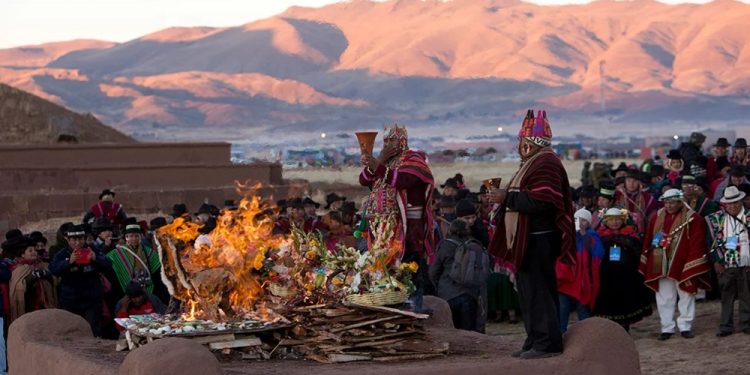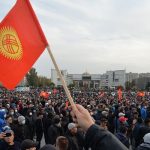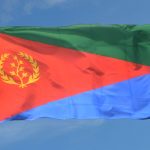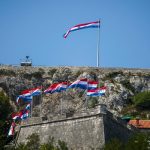
Aymara New Year Day
Aymara New Year is a national holiday observed annually in Bolivia on the 21st of June. This day is known as “Año Nuevo Andino Amazónico” in Spanish, which translates to “Andean Amazon New Year” in English. In Aymaran, the holiday is called “Willkakuti,” meaning “Return of the Sun” in English.
Regardless of its name, the purpose of this holiday remains the same. It is a day on which the winter solstice is celebrated in the Southern Hemisphere. In the inhospitable Andes highlands, the winter solstice signifies the end of winter. It marks the start of a new agricultural season and a day for new beginnings.
The History of Aymara New Year in Bolivia
The winter solstice has always marked the symbolic death and rebirth of the Sun in many cultures, and this is true for the Andean people as well. This day has always been a time to thank the goddess Pachamama for her benevolence. Therefore, it’s difficult to establish an exact time when this holiday was created because it has been observed for thousands of years.
Observing Aymara New Year in Bolivia
This holiday is celebrated by the Andean people, who commemorate the day by offering cacao and alcohol to the goddess Pachamama. On the night before, people gather to say goodbye to the past year and to assemble around a ceremonial table where coca, alcohol, and ritual elements of the ceremony are placed.
In the sacred city ruins of Tiwanaku, the ceremony is performed and attended not only by members of the Andean community but also by tourists from around the world. This ancient city was the capital of the pre-Hispanic empire that dominated the area from the 6th to the 10th centuries. It is also listed as a UNESCO World Heritage Site, a designation it has held since 2000.








